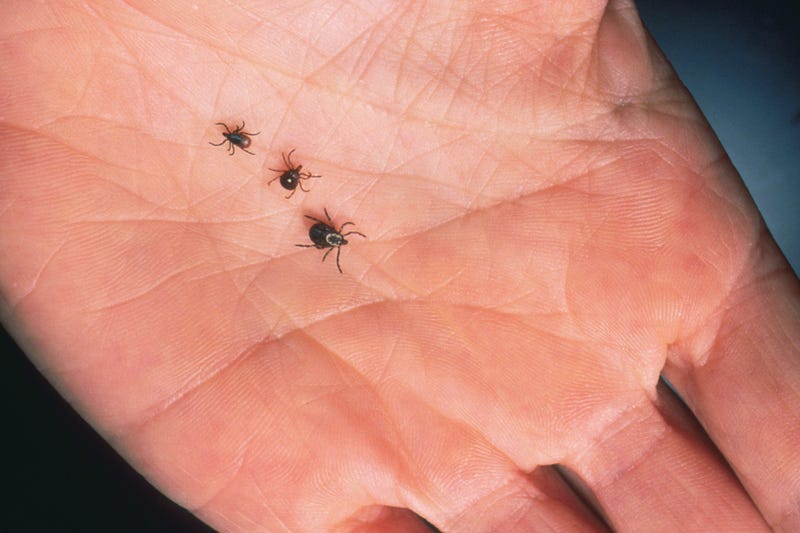
Lyme disease is a bacterial infection carried by deer ticks. It usually affects the skin and then spreads to the joints, the nervous system, and other organ. It's curable if diagnosed early, but because it spreads so fast and it's incredibly hard to diagnose, some patients suffer debilitating effects for years before finally pinpointing the problem.
Congressman Brian Fitzpatrick, R-Bucks County, is working to get more funding for research. He's co-sponsoring a bill to establish an office of oversight and coordination, while also providing $30 million a year for research, data collection and analysis.
"This is a very, very serious illness, and it's going up, not down," he said. "It disproportionately and disparately impacts not just the northeastern part of the United States, but specifically Pennsylvania."
Fitzpatrick needs more support in the House to bring the bill to a full vote.
"We're trying to get every single northeastern representative on board, but we don't want to limit it," he added.
Judith Weeg believes she picked up Lyme disease from a tick along the Delaware River in Philadelphia, and it turned her life upside down.
"It attacked my brain right away," she said. "I couldn't think clearly."
And it just got worse from there. She said about 30 doctors misdiagnosed her. Now she runs an international Lyme foundation to help connect people with doctors and resources.
"We need funding to really, truly be honest and investigate what is happening," she said.
